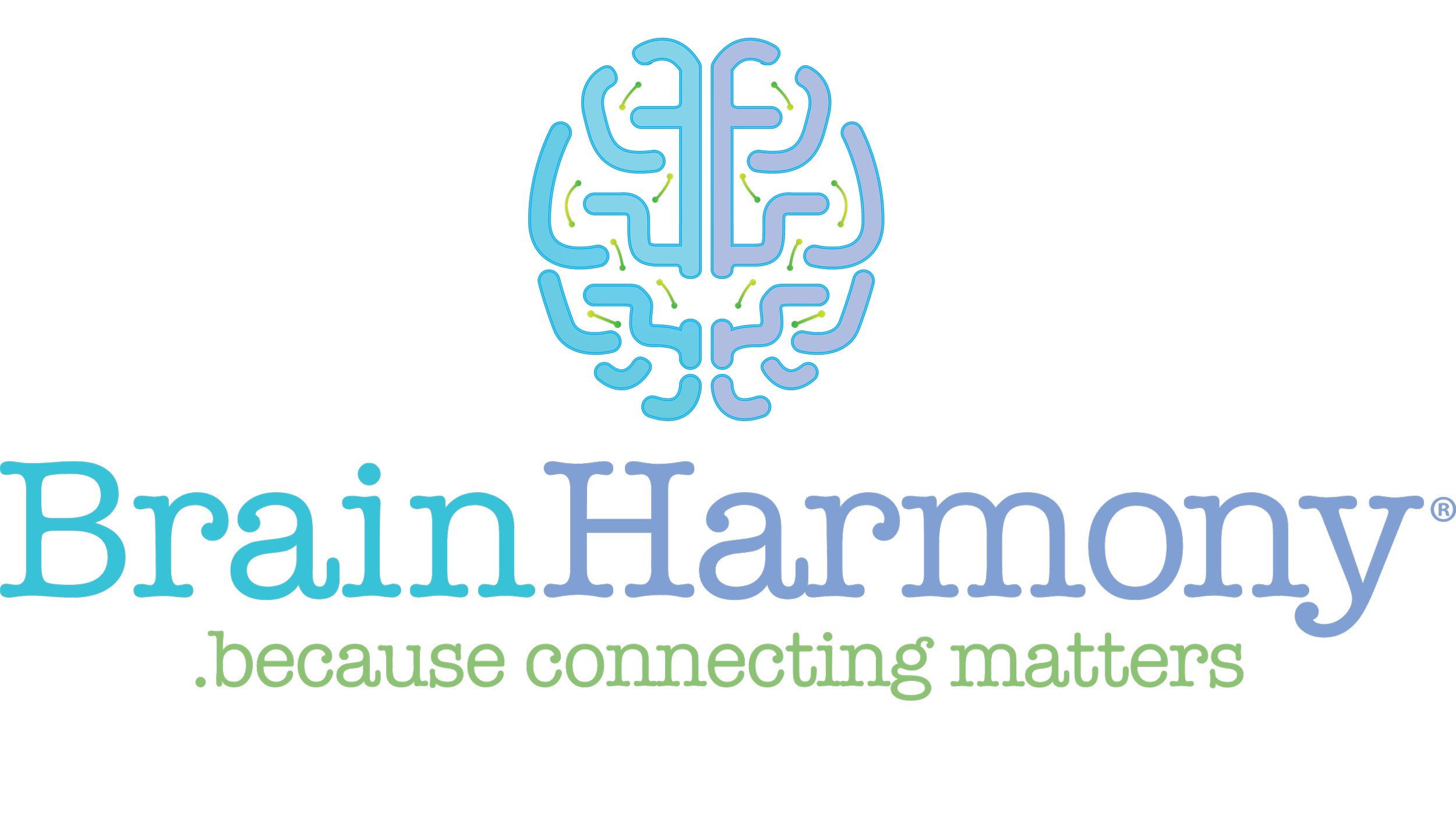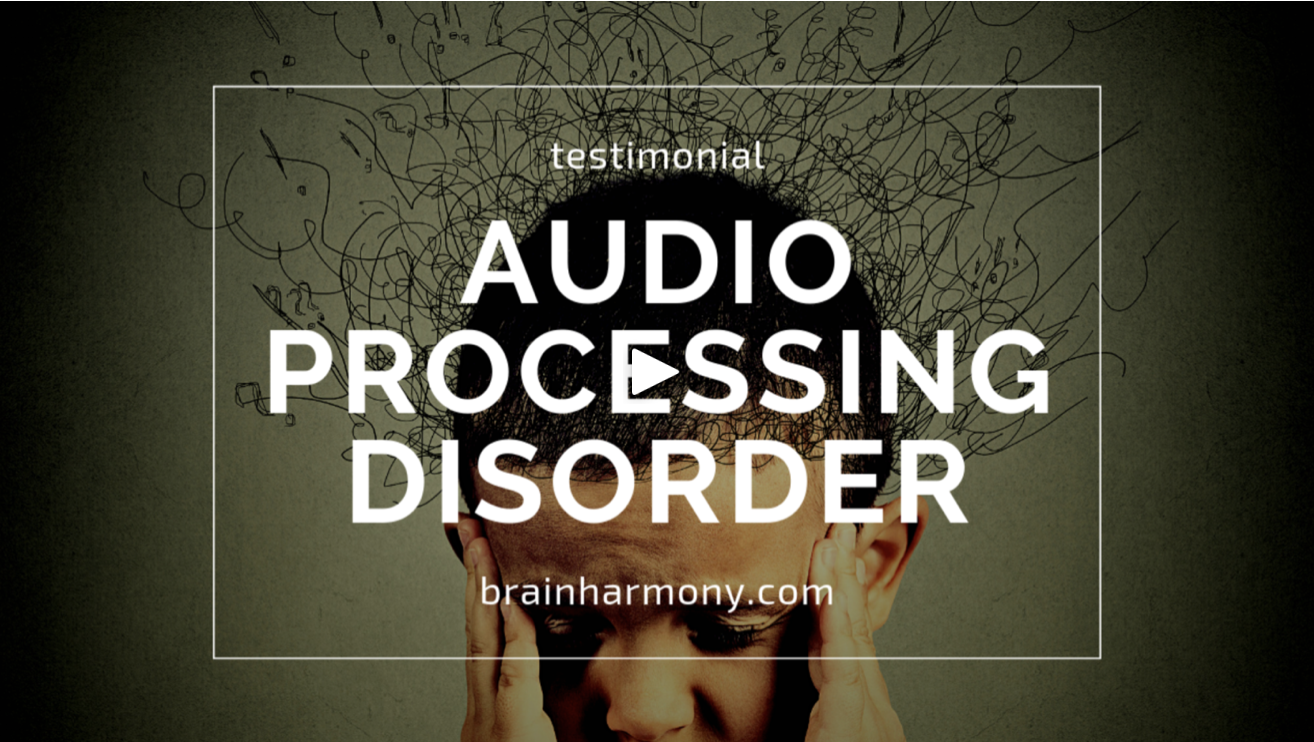Unlocking the World of Sound: Addressing Auditory Processing Disorders (APD)
Auditory Processing Disorders are at the root cause of many learning, social and cognitive impairments but often overlooked.
In the tapestry of human experience, sound weaves the threads of communication, learning, and connection. Yet, for those with Auditory Processing Disorders (APD), this world can often feel muffled or chaotic, leading to profound learning, social, and cognitive challenges.
APD: When Sound Gets Jumbled
APD isn't about hearing loss; it's about how the brain interprets what the ears hear. Imagine trying to piece together a puzzle while someone continuously shakes the table. This is what listening feels like for individuals with APD:
Symptoms Include:
Struggling to understand speech in noisy environments.
Difficulty paying attention or following multi-step directions.
Challenges in locating where sounds come from.
Frequent need for repetition in conversations.
Problems with reading, spelling, and writing.
The Prevalence of APD
Research from the National Institute of Health highlights that up to 43% of children with learning disabilities and 15% of military veterans affected by blast exposure grapple with APD, underscoring its widespread impact.
A Neurological Connection
For those with neurological conditions like Autism Spectrum Disorders or brain injuries, APD often coexists, intertwined with attention and sensory issues. This triad of auditory, vestibular, and visual processing forms the foundational treatment approach necessary for comprehensive improvement.
Our Innovative Approach to APD
Diagnosing and treating APD can be daunting, but our patent-pending 5-step plan addresses the root causes:
Re-setting the Nervous System: Engaging the brain with specialized auditory stimulation to foster a sense of safety and receptivity.
Muscular Retraining: Exercising the muscles of the inner ear to enhance the processing of speech and other critical auditory inputs.
By tackling APD at its neurological base, improvements cascade upward through the BH Pyramid, enhancing:
Emotional regulation
Cognitive functions
Communication skills
Self-confidence
Your Path to Improved Auditory Processing
We've empowered thousands to reclaim their auditory world through our home-based program. Join us to learn how to implement this transformative approach, tailored specifically for you or your loved one.
Testimonials and Success Story Videos
Auditory Processing Disorder
Skye-Nohea was always an open, bubbly child. But one morning, her mother noticed her daughter struggle to follow instructions at a swim lesson, and she knew something was unusual. She suspected that her hearing was impaired, but after passing the hearing test, her mother started to entertain other possibilities. Skye-Nohea saw a number of doctors and completed a range of tests to attain her Auditory Processing Disorder diagnosis. After trying different therapy methods and specialty programs, they were referred to Brain Harmony by a former patient’s mother.
“I feel like her memory is getting better, her attention is getting better, she accepts things a little bit faster... I feel like so many people who have kids - or even adults - who have APD, they don’t know that something like a program like this exists where you can basically work on the problem directly. That’s why I feel like so many people need to hear about this.“
Auditory Processing Disorder with Dyslexia, Sensory Processing, Attention & Regulation
Kerry is a Homeschool Mom of 8. All of her children have been diagnosed with mild to severe dyslexia. Since beginning her journey with Brain Harmony, she has seen immense progress in her children’s reading levels, communication, attention and emotional regulation, and auditory processing.
“We have tried so much over the years, and so many different programs, and this has made the biggest difference… it has made a huge difference in a short amount of time, so I would definitely highly recommend it.”




